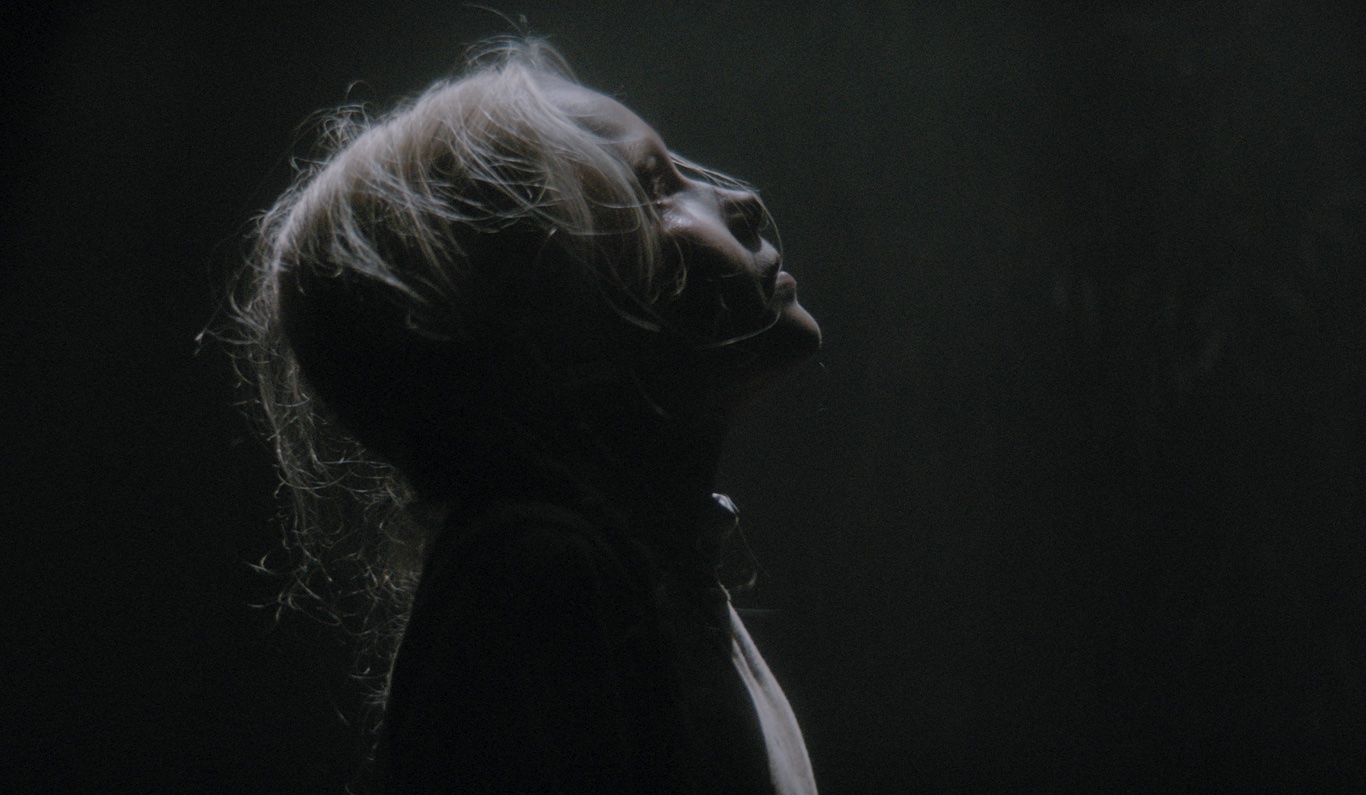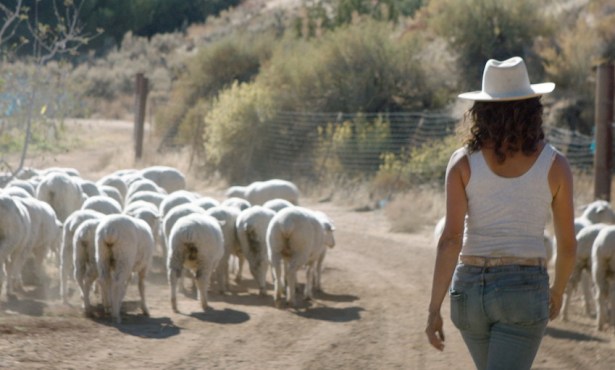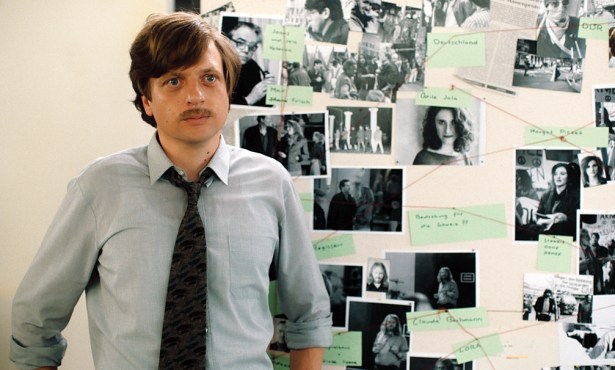Set amid the seemingly idyllic suburbs and beautiful forests of Latvia, this dramatic feature follows a scarred child being raised by his struggling grandmother. She tries to hide him from the town’s big secret — that her transgender stained-glass artist friend lives in a remote barn — but that’s who the bullied boy befriends, leading to both happiness and heartache.
Director Dace Pūce and producer Kristele Pudane recently answered some questions via email.
Why did you decide to portray this story? Any personal ties?
Dace Pūce: When I read the book by Jana Egle In the Light, I was deeply touched by all of the short stories written in it. And I was amazed, when I learned that all of them are based on true events. There were three stories written in such a cinematographic way that I fell in love with them and decided to use parts of them to write my own story for the film.
My personal connection appears in various aspects of the film. A boy who is seeking love and attention reminds me of my own childhood. When I was 5 years old, I was dreaming of a day when my dad came home, but he left me and my mom and never returned.
I have a personal connection with Sailor’s character as well. I know how it is to be lonely and live with a heavy pain in the heart. It felt important to show a tendency that exists in our society to judge others without even trying to understand them.
The stained glass scenes are fascinating. Why was that the medium chosen for Sailor?
DP: Music and art have been my companions in life since my childhood. The idea of stained glass came to me when I was repairing my house and decided to put a stained glass for one of the windows. I realized that our life resembles the glass — it consists of different colors, shapes, forms of events, emotions, memories, and feelings. From my personal experience, I can say that art in all its forms and shapes can heal the human soul.
The film is like a piece of stained glass of my personal universe and I want to share it with audiences all over the world.
Is domestic violence a major issue in Latvia?
Kristele Pudane: Latvia is still considered to be too tolerant toward domestic violence. And it is still a grim issue here for many families, especially in rural, low-income/education households. General numbers (according to https://ncadv.org/) are somewhat similar if not slightly better than in the U.S.A.
Since the beginning of the 21st century, we see a stable decline in domestic violence cases. Incredibly progressive have been the last few years, with a significant rise of general awareness regarding the problem, empowerment of related NGOs, and critical legislative initiatives.
In 2016 Latvia signed the Istanbul Convention, but we are one of few countries left that hasn’t implemented it and is still delaying ratification process. However, at the same time, experts have reported that 80 percent of the recommendations of Istanbul Convention are already included in Latvian laws.
Nevertheless, the situation with domestic violence is far from being called “under control.” The problem is that our society believes that family business is strictly private. Society tends not to interfere in any family situations.
And, of course, like elsewhere in the world, we are very concerned with the potential impact of the global pandemic. The first data from the last year show an increase in domestic violence. It is a very varying tendency when paired with social isolation. Generally, many victims report neither to the police nor to the support organisations for violence victims. I believe that we only see a tip of an iceberg here …
However, the awareness of domestic violence, recognition, and prevention of it are the topics widely discussed in our society. The aim is to teach families safe and respectful relationships. And there is still a long way to go to create a significant change in the mindset and behaviour of our society.
In our film, we talk a lot about different kinds of domestic violence: physical and emotional. With this film we want to create a discussion especially among kids and youngsters. Successful implementation of changes in human behaviour requires time and even generations. It is a difficult but absolutely necessary work.
Are transgender people still treated with animostity in Latvia, or is it changing?
KP: Our society is still quite conservative and even dare say that sometimes homophobic. During past few years we have become more tolerant toward homosexual minorities, but transgender is still sort of taboo here.
The majority of society doesn’t understand what transgender actually means and think it is just a bad behavior that needs to be changed.
Open violence is a very rare case, but ignorance is the biggest problem. Transgenders are still quite isolated and afraid to go out in public freely as they most likely will be judged.
The hardest thing is lack of support from their families. Usually parents and closest friends get so confused that distancing is found as the best solution.
Transgender people feel psyhologically threatened, afraid of humiliation and usually are isolated from society.
The Pit is the first Latvian feature film reflecting transgender issues, and we are looking forward to see how it will resonate with our local audience.




